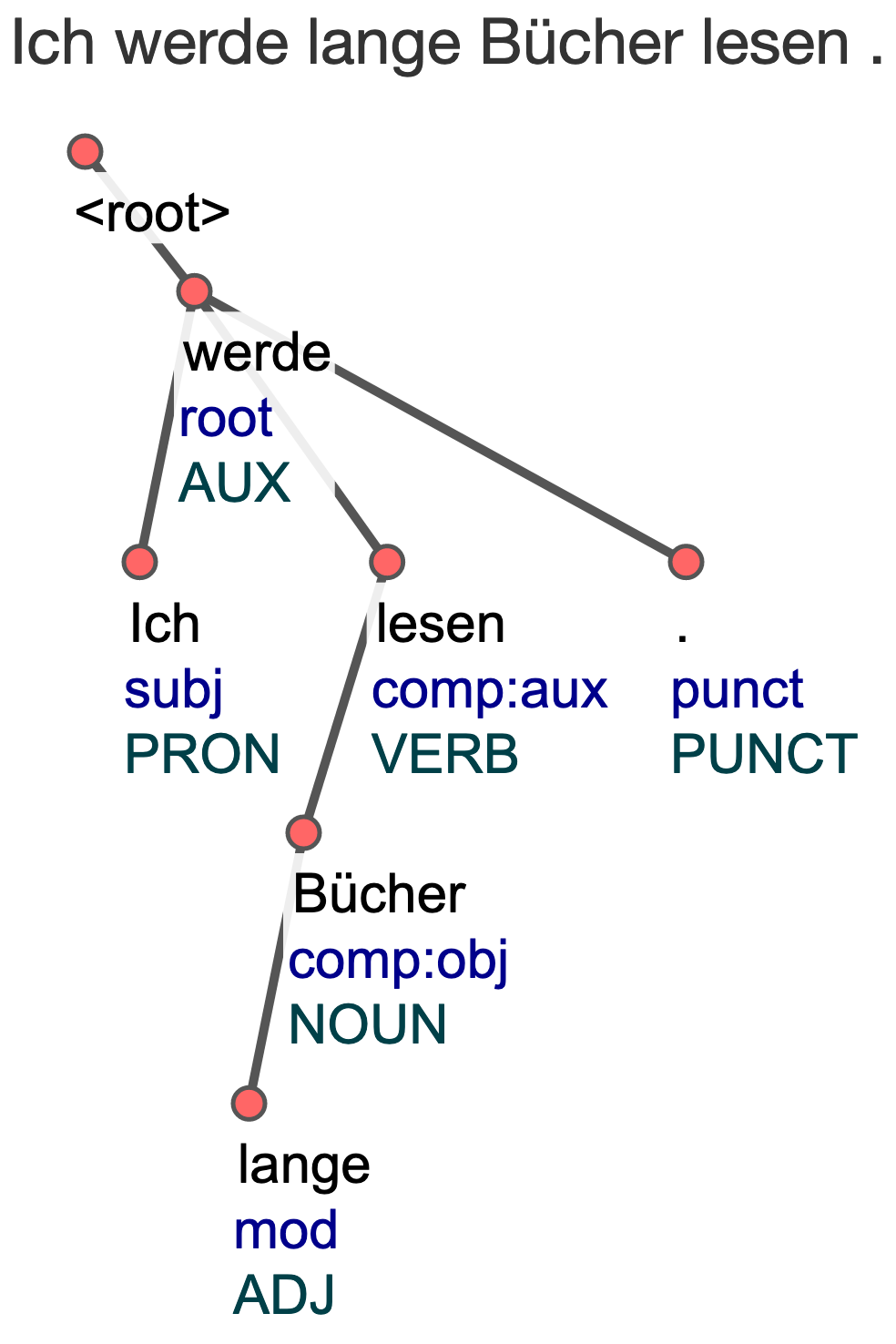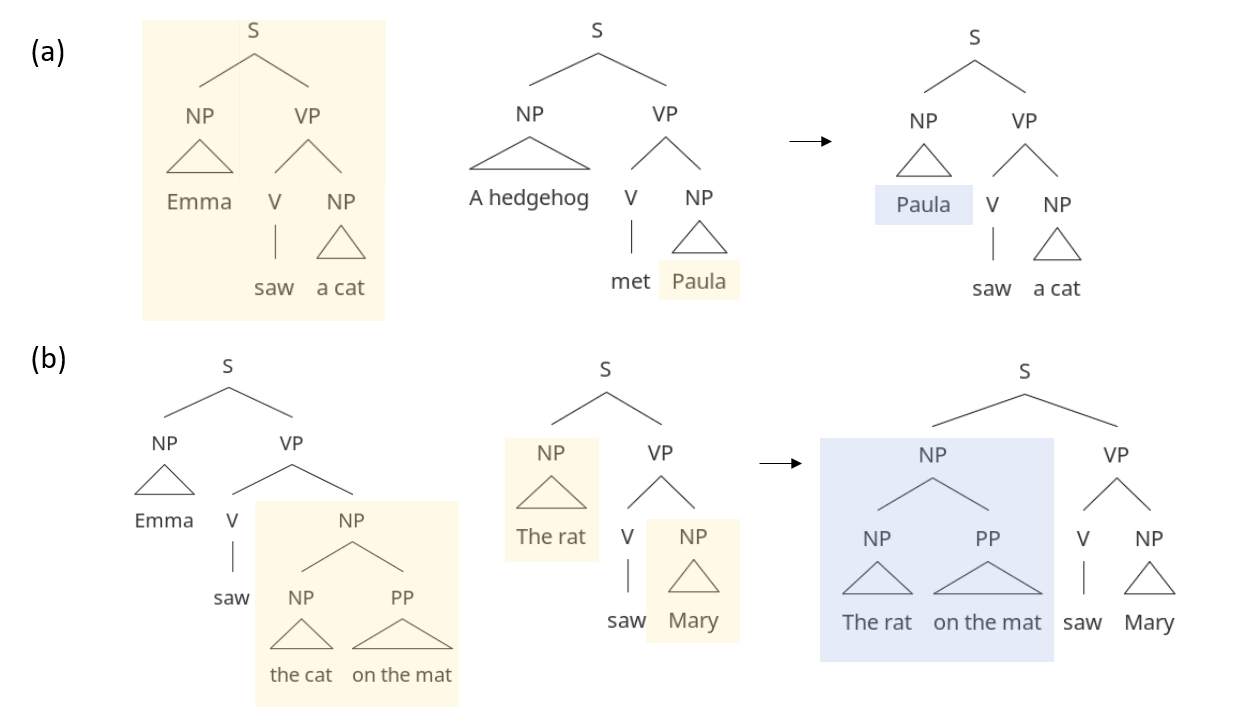Tractable Lexical-Functional Grammar
Jürgen Wedekind, Ronald M. Kaplan
Syntax: Tagging, Chunking, and Parsing Cl Paper

You can open the pre-recorded video in a separate window.
Abstract:
The formalism for Lexical-Functional Grammar (LFG) was introduced in the 1980’s as one of the first constraint-based grammatical formalisms for natural language. It has led to substantial contributions to the linguistic literature and to the construction of large-scale descriptions of particular languages. Investigations of its mathematical properties have shown that, without further restrictions, the recognition, emptiness, and generation problems are undecidable, and that they are intractable in the worst case even with commonly applied restrictions. However, grammars of real languages appear not to invoke the full expressive power of the formalism, as indicated by the fact that algorithms and implementations for recognition and generation have been developed that run—even for broad-coverage grammars—in typically polynomial time. This paper formalizes some restrictions on the notation and its interpretation that are compatible with conventions and principles that have been implicit or informally stated in linguistic theory. We show that LFG grammars that respect these restrictions, although still suitable for the description of natural languages, are equivalent to linear context-free rewriting systems and allow for tractable computation.
NOTE: Video may display a random order of authors.
Correct author list is at the top of this page.
Connected Papers in EMNLP2020
Similar Papers
Automatic Extraction of Rules Governing Morphological Agreement
Aditi Chaudhary, Antonios Anastasopoulos, Adithya Pratapa, David R. Mortensen, Zaid Sheikh, Yulia Tsvetkov, Graham Neubig,

BLiMP: The Benchmark of Linguistic Minimal Pairs for English
Alex Warstadt, Alicia Parrish, Haokun Liu, Anhad Monananey, Wei Peng, Sheng-Fu Wang, Samuel Bowman,

COGS: A Compositional Generalization Challenge Based on Semantic Interpretation
Najoung Kim, Tal Linzen,

